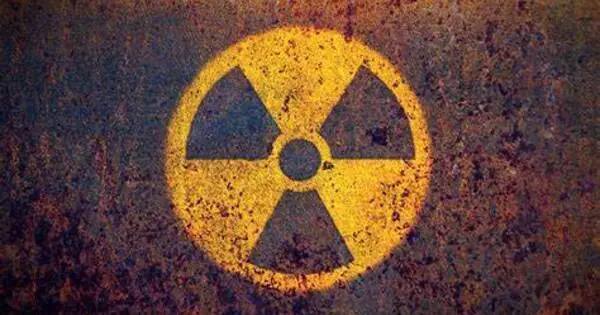Nuclear proliferation is the spread of nuclear weapons and technology to other countries or non-state actors. It is the spread of nuclear weapons, fissionable material, and weapons-applicable nuclear technology and information to nations not designated as “Nuclear Weapon States” by the Treaty on the Non-Proliferation of Nuclear Weapons, also known as the Non-Proliferation Treaty or NPT. The concern is that as more entities acquire nuclear capabilities, the risk of nuclear weapons being used or falling into the wrong hands increases, posing a threat to global security.
Many nations, both with and without nuclear weapons, have opposed proliferation, fearing that more countries with nuclear weapons will increase the possibility of nuclear warfare (including so-called countervalue targeting of civilians with nuclear weapons), destabilize international or regional relations, or infringe on national sovereignty.
Aside from the five recognized Nuclear Weapon States, four other countries have acquired or are suspected of possessing nuclear weapons: India, Pakistan, North Korea, and Israel. None of these four are signatories to the NPT, despite the fact that North Korea acceded to the NPT in 1985, withdrew in 2003, and conducted its first nuclear test in 2006.
Key points related to nuclear proliferation include:
- Treaties and Agreements: The Nuclear Non-Proliferation Treaty (NPT) is a critical international treaty aimed at preventing the spread of nuclear weapons. It distinguishes between nuclear-armed and non-nuclear-armed states (recognized as the United States, Russia, China, France, and the United Kingdom). Non-nuclear-weapons states agree not to develop nuclear weapons, while nuclear-weapons states agree to eventually disarm. However, there are obstacles to achieving universal adherence and disarmament.
- Nuclear-Armed States: Some countries, known as nuclear-armed states, have nuclear weapons. The NPT recognizes the following states: the United States, Russia, China, France, and the United Kingdom. Other countries, such as India, Pakistan, and North Korea, have developed nuclear weapons outside the framework of the NPT.
- Non-Proliferation Challenges: Some countries pursue nuclear weapons for security, regional influence, or as a deterrent against perceived threats. North Korea, for example, withdrew from the NPT and conducted nuclear tests, prompting international condemnation.
- Non-Proliferation Challenges: Some countries pursue nuclear weapons for security reasons, regional influence, or as a deterrent against perceived threats. North Korea, for example, withdrew from the NPT and conducted nuclear tests, leading to international condemnation.
- International Efforts: The international community monitors and inspects nuclear facilities through organizations such as the International Atomic Energy Agency (IAEA) to ensure compliance with non-proliferation agreements. Sanctions and diplomatic efforts are frequently used to deter states from developing nuclear weapons.
- Terrorism Concerns: There is also concern that nuclear weapons or materials will end up in the hands of non-state actors such as terrorist organizations. Nuclear material security and control efforts aim to prevent unauthorized access.
One critique of the NPT is that the treaty is discriminatory in the sense that only those countries that tested nuclear weapons before 1968 are recognized as nuclear weapon states while all other states are treated as non-nuclear-weapon states who can only join the treaty if they forswear nuclear weapons.
The issue of nuclear proliferation remains a complex and challenging aspect of international relations, requiring ongoing diplomatic efforts, cooperation, and adherence to international agreements to ensure global security and prevent the catastrophic consequences of nuclear warfare.
















